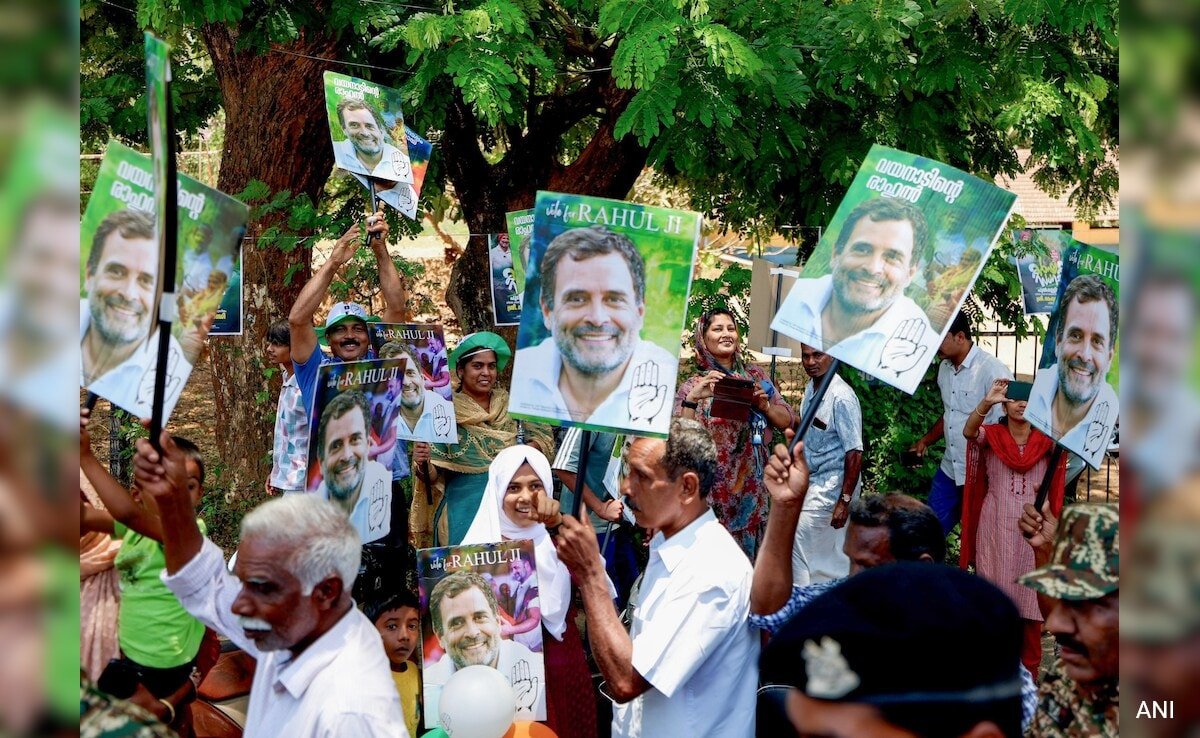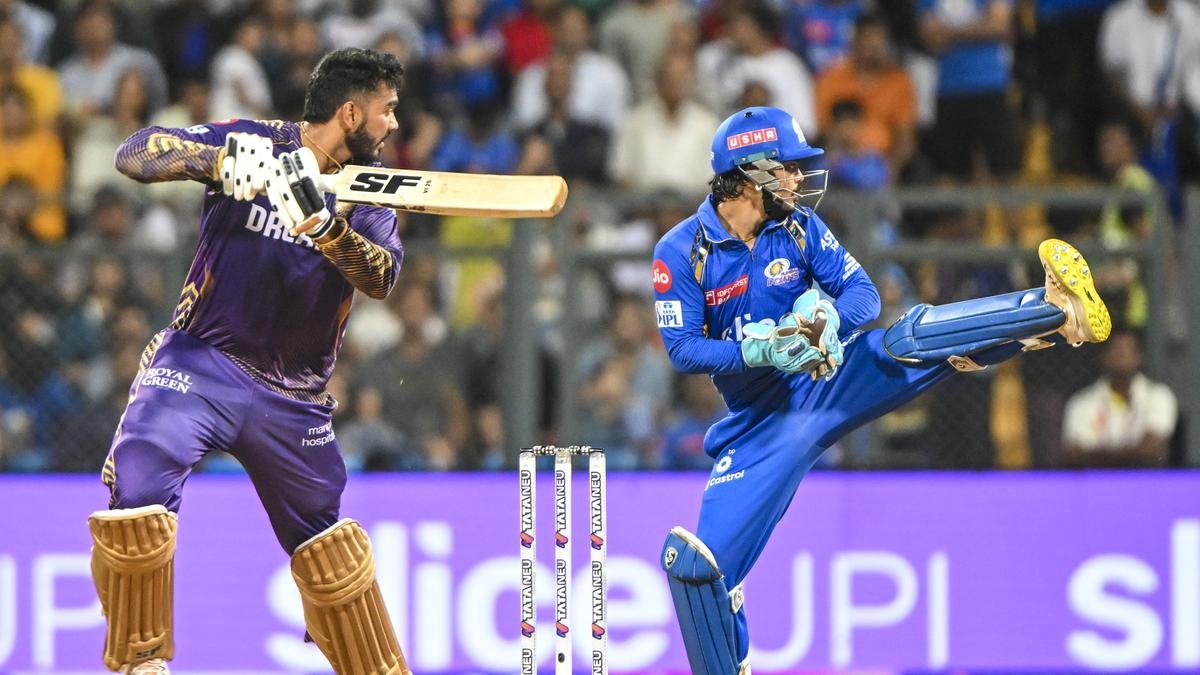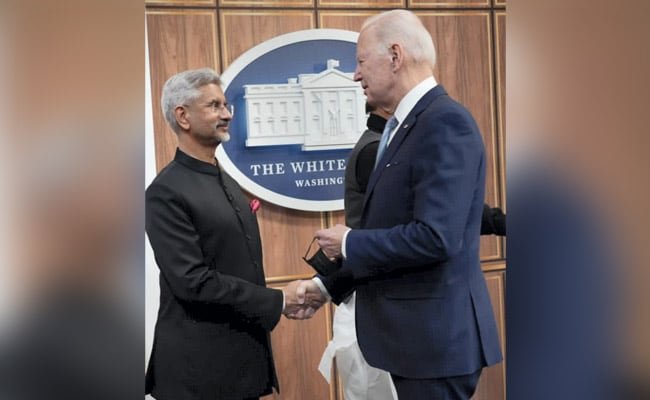
A malady that enfeebles Indian democracy — the elimination of contest, at the level of ideas, and political mobilisation — got a geographical tag in Surat, where the Bharatiya Janata Party (BJP) candidate has been declared elected unopposed to the Lok Sabha. Democracy without an Opposition ceases to be one, but the ruling BJP has declared it as an objective in its slogan, a Congress-less India. Such an intent is in itself authoritarian, even if pursued through fair electoral means. What unfolded in Surat is far from fair: it was the foulest of tactics outside of any electoral play book. Signatories of Congress candidate Nilesh Kumbhani’s nomination papers declared on affidavit that their signatures were forged. All political parties routinely field a dummy candidate to deal with the unlikely event of the primary candidate’s death or rejection of nomination papers. In Surat, Suresh Padsala, who was fielded by the Congress as dummy, also had his nomination papers rejected after one of his proposers declared on affidavit that his signature too was forged. Eight other candidates withdrew their nominations, leaving the BJP candidate, Mukesh Dalal, as the only one standing. He was promptly declared the winner on April 22 by the Surat District Collector and also returning officer, and the BJP began celebrations. If at all the unopposed election of the BJP candidate signifies an absolute consensus among Surat’s nearly 17 lakh voters, it is a silence that speaks loudly about a serious illness in India’s democracy.
This elimination of contest through the misuse of state power, money, and misinformation has become a major threat to Indian democracy. Another candidate picked by the Congress in Gujarat not only left the party but also joined the BJP within a few days. Mr. Kumbhani’s proposers were his brother-in-law, nephew and a business partner, and the story of their forged signatures does not sit well in a functioning democracy. Mr. Kumbhani is not protesting either. He has gone incommunicado. Early this year, an election officer himself tampered with the ballot to declare the BJP candidate the winner in the Chandigarh mayoral election — a result which was overturned by the Supreme Court of India. It is unlikely that the contest would have been close in Surat, had it happened. The BJP had won the seat with massive margins in all Lok Sabha elections since 1989. Therefore, the point about the uncontested election of Mr. Dalal is the extermination of the Opposition rather than about his own victory. Contestations of ideas and their synergies over centuries have made India hospitable for democracy. The BJP needs to evolve a political culture in which disagreements with opponents are negotiated through fair contests.





